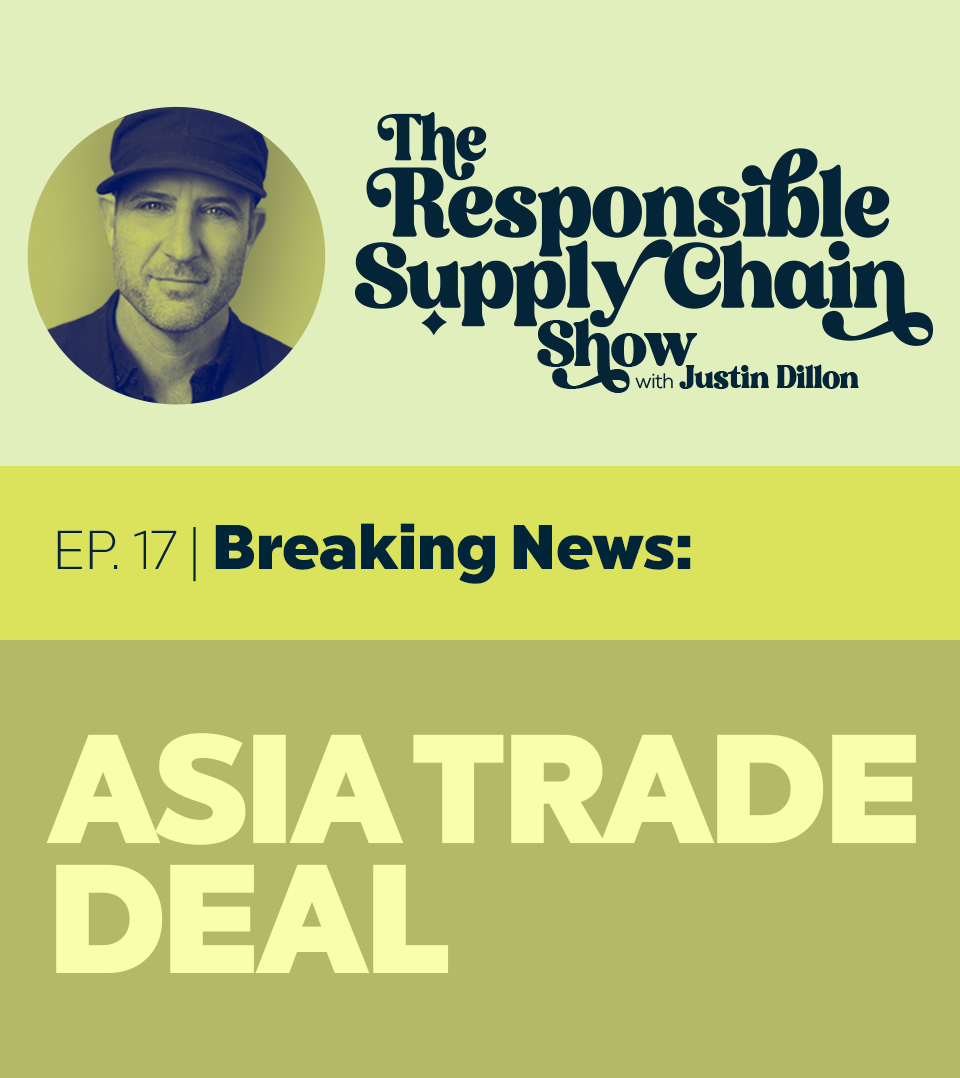The Trump Administration just negotiated reciprocal trade agreements with Malaysia and Cambodia that require the countries to prohibit the import of goods made with forced labor. This signals a new trend by the United States to offshore its forced labor import bans to other countries.
We speak with former International Trade Specialist for U.S. Department of Homeland Security Jennifer Jahnke about the implications for business.
In this episode, Jen, founder of The Tendai Initiative, unpacks two new U.S. trade agreements with Malaysia and Cambodia — and what they reveal about the future of supply chain accountability.
For the first time, these deals include commitments to ban imports made with forced labour, signaling a major shift in how trade and human rights intersect. Similar frameworks are now being discussed with Thailand and Vietnam, hinting at a broader regional trend.
As Jen explains, these agreements mean that countries may begin mutually recognizing forced-labour enforcement actions — making it harder for unethical goods to find a backdoor into global markets. While the language is still cautious (“may” rather than “shall”), the direction is unmistakable: transparency and traceability are becoming global expectations, not just U.S. requirements.
The episode also reminds listeners that these deals don’t replace existing laws like the Uyghur Forced Labor Prevention Act. Instead, they add another layer of accountability, emphasizing the need for deeper visibility beyond tier-one suppliers.
Jen’s takeaway is clear: the era of isolated compliance is ending. As more countries embed labour protections into trade policy, responsible sourcing isn’t just a moral choice — it’s becoming a condition for doing business.










